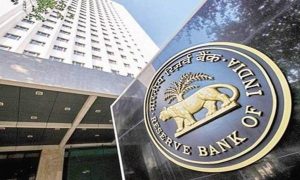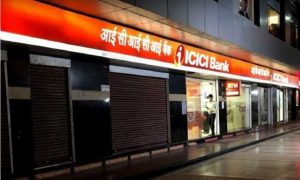- Debit and credit card tokenization rules will come into effect from July 1.
- Cards that have not been tokenized will be removed from apps and websites.
- Here’s everything you need to know about card tokenization.
Debit and credit card tokenization rules are coming into effect from July 1, and that means any debit or credit cards you have saved on Flipkart, Amazon, Paytm or any other service will be removed if you do not tokenize your cards.
But what exactly is card tokenization and why is the Reserve Bank of India pushing for it? It is worth noting that the RBI had pushed back card tokenization multiple times before as payment processors and ecommerce portals were not ready with the required changes.
Read more: Credit Card: RBI Extends Deadline to Implement New Rules to October 1; Know the Changes
However, this time around the entire payment ecosystem is ready and the July 1 deadline will be enforced.
Popular payment processors like Razorpay, PayU and others have already enabled card tokenization features in their solutions.
In a conversation with Business Insider India, Razoypay’s head of product – payments, Khilan Haria said that most merchants don’t have to do anything to have card tokenization enabled.
But what exactly is card tokenization and why is RBI mandating it?
Debit and credit card tokenization explained
Whenever you make a payment online using debit or credit cards, you have to enter your card details, including the card number, your name, expiry date and the three-digit CVV. These card details are stored by the merchant’s platforms using masking and other security measures.
In cases where merchants use payment processors directly instead, the card details are stored by those processors.
In tokenization, your card number is replaced by a random token number. The payment processors and banks have systems in place to map your card number to the token number, so the payment is debit and credit to the correct card holder’s account.
Read more: Salary Structure, Working Hours, Leaves to be Changed Under New Labour Laws; Know Details
Why RBI wants cards to be tokenized
Your card details are stored by merchants, and if their security measures are inadequate, this puts all the customers at risk. There have been several instances in the past where merchant websites have been hacked and debit and credit card details have been leaked.
This is what the RBI wants to eliminate.
By mandating card tokenization, the burden of security is now on payment processors and banks, not merchants.
How to tokenize debit and credit cards?
The next time you pay online for something using your debit or credit card, the payment processor will ask you if you want to “Save card as per RBI guidelines” or “Secure your card”.
Click on save and enter the OTP you receive on your mobile number.
That’s it, your card is now tokenized.
Will I receive card-based offers if I tokenize cards?
Yes, you will continue to receive card-based offers even after you tokenize your card.



































